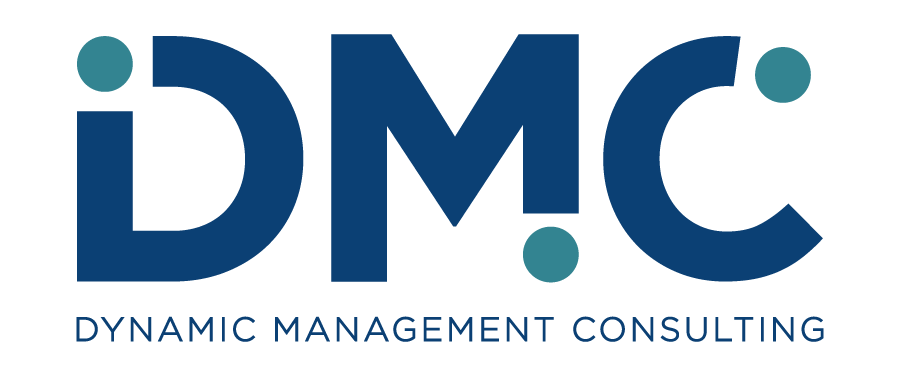Although many companies already use some sort of formal testing when hiring new employees, there still seems to be some confusion about how it can be useful and whether it’s worth the added expense. The discussion about ROI is something I’ll discuss in future posts, but, when used properly, assessments can lead to increased productivity and decreased turnover.
What I want to focus on here is the added benefits that testing can bring to the testing process. To be clear, I’m not advocating for using tests to replace structured interviews, resume reviews, or anything else you may currently be using in the hiring process. However, using a standardized assessment process can have the following benefits:
- Identify the best and brightest. By measuring things like cognitive ability, numeric aptitude, and critical thinking, you can spot candidates who will be strong problem solvers, fast learners, and strategic thinkers. These skills can be tough to accurately assess through an interview, but they are important predictors of job success across jobs and industries.
- Find the right fit. Hiring bright people is crucial for any business, but book smarts without street smarts may not be enough. If your new team members can’t communicate effectively or handle stress in a healthy way, they are not likely to last long. Assessing for characteristics that are particularly useful in your organizational culture will help you avoid bringing people on board who aren’t likely to succeed in the long term.
- Set a baseline. Testing your job candidates will obviously aid you in screening out some people, but it can also be useful for the ones you select. The test results that you will generate will assist you in crafting development plans for your new team members and enable you to tailor your onboarding process to suit their needs. Having this information upfront will allow you to put the resources in place to give your employees the highest probability of success.
- Get an objective perspective. By using a third-party assessor, you get insights from someone who is not involved in the day-to-day activities of your company or the pressures that you’re experiencing in the hiring process. This can be a valuable data point when it comes time to make an offer.
There are certainly other benefits of using test results to inform your hiring decisions, but these are some of the primary ones. This is something we’re passionate about at DMC, as we love seeing companies like yours identify the best possible candidates.
If you have questions about how this could benefit your organization, please don’t hesitate to reach out to us.



